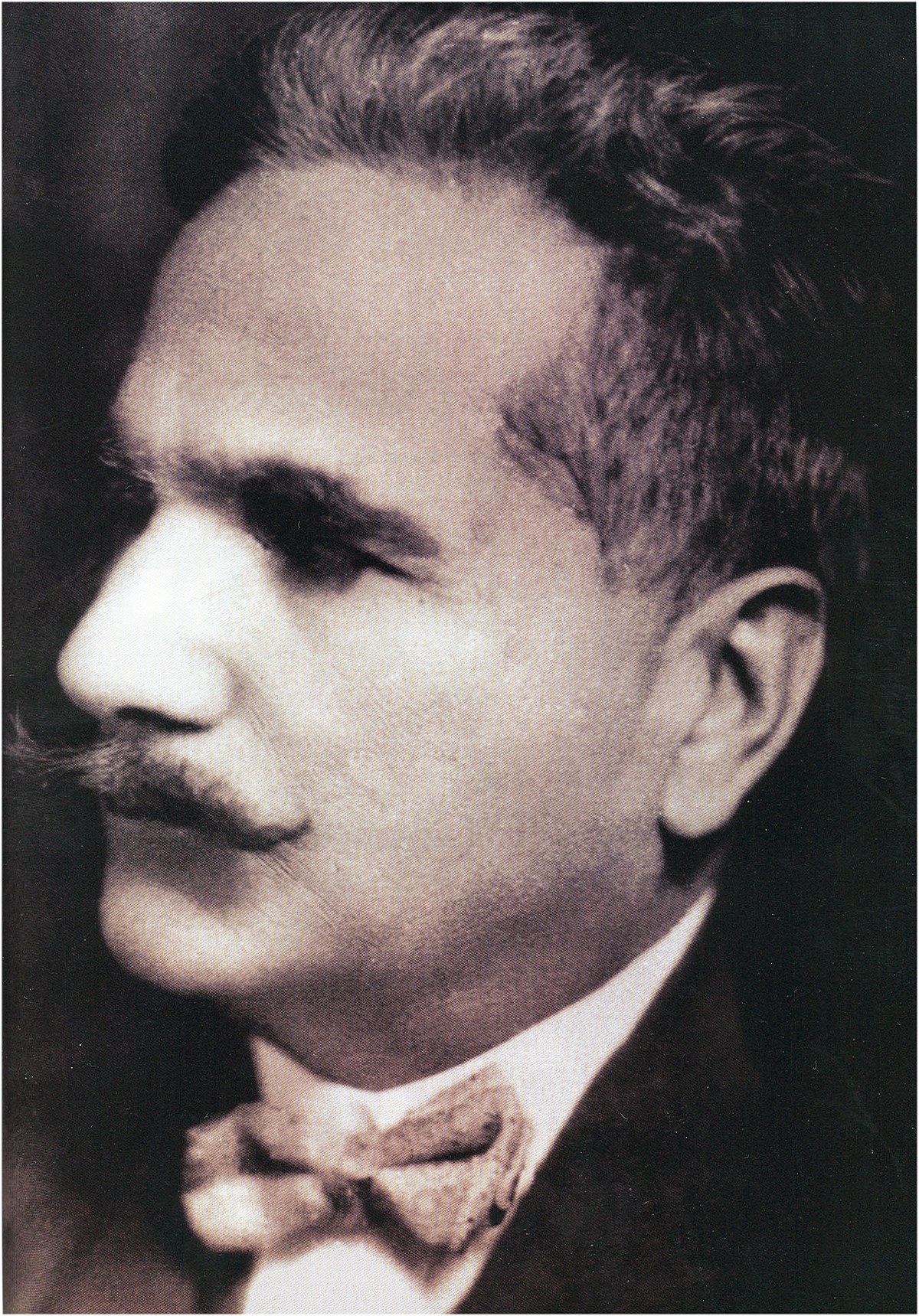Allama Iqbal was a believer in Wahdat-ul-Wujudi Sufism because of the education he received from his home and teachers. He had the opportunity to read the details of Maulana Rome. Allama Iqbal then re-studied Sufism, Ibn Arabi’s philosophy, and the writings of the Sufis, and then came up with a new concept of Wahdat-ul-Wujud as the original essence is incomplete. The idea of denying one’s own caste and associating oneself with a real caste is not the right thing to do, but the real thing is to recognize and identify one’s own caste. Allama Iqbal introduced new thinking about Sufism. He said that many of the earlier Sufis agreed with his view on this, but the practical work on it has been reduced. He said that the matter of negation of caste is the stage of affirmation of caste. (principles and philosophy of sufism)

Allama Iqbal said that he considered that the reason for the decline of Muslims in spite of such a large collection of Sufism and Sajjada Nasheen is that the present form of unity of existence is dead. It gives rise to bigotry and stagnation. It is very suitable for prostration and asceticism, but in a dynamic and evolving society, it is not necessary, but new thinking of Sufism needs to come forward.
To acknowledge man as a separate entity and to acknowledge the greatness of a man is to acknowledge that God has made man sovereign, given him the freedom to decide his own One should take responsibility for one’s decisions and take advantage of one’s freedom of decision instead of destiny. This is the mystic caste, otherwise, the ideology of unity of existence and negative caste gives way to monasticism and does not give birth to a living nation. I denied the absolute supremacy of cognition and presented the idea that understanding and knowing other aspects of knowledge is cognition. It is not a secret or esoteric knowledge but a way to know knowledge in an unconventional way. Is not meant to be inferior. Sajjada Nasheen always targetted this thinking of Allama Iqbal. And a whole front was opened against it.
It was Allama Iqbal’s own close friend Mr. Hassan Nizami and his followers who started a series of articles against Iqbal and Wahdat-ul-Wujudi. He denied that the Romans had any idea different from the unity of existence or that existential mysticism has a reality which is a separate thought of Sufism apart from the unity of existence and the unity of witness. This concept of negation and affirmation is in fact the concept of self-construction and identity. (principles and philosophy of sufism)
Written by Anonymous





The information you have posted is very useful.
I appreciate your article. Great information